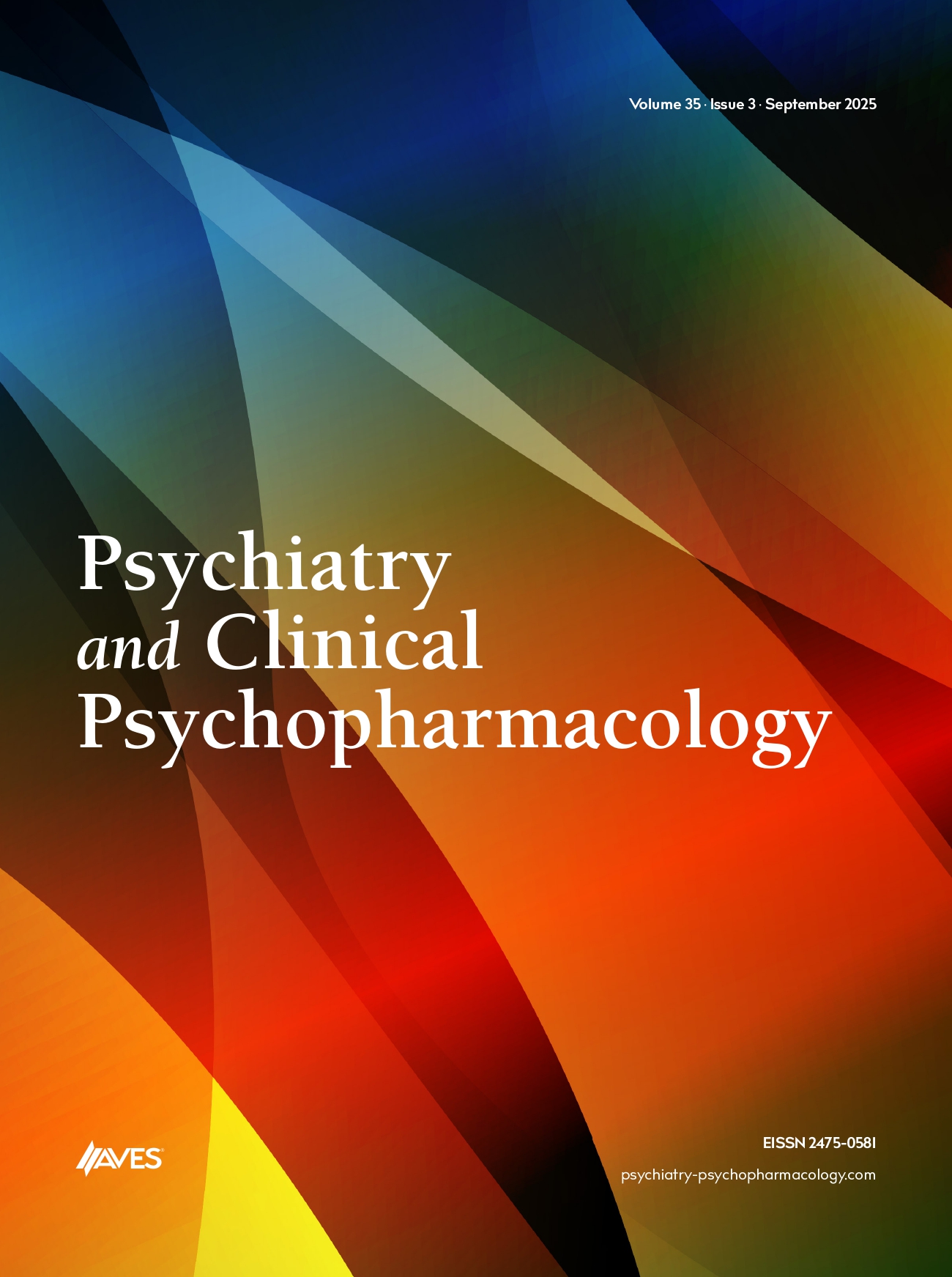Although the pathophysiology of OCD is still far from resolved, the existence of a biological basis for OCD has been clearly established. Twin, family, segregation and linkage studies have demonstrated that genetic factors contribute to the pathogenesis of OCD. There is a general consensus that fronto-striato-thalamo-cortical dysfunction is the neuronal basis of obsessive-compulsive disorder. The differential response of OCD to clomipramine and SSRIs, compared to other antidepressants, has led to the primacy of the serotonin (5HT) hypothesis of OCD. Currently serotonin has also been implicated in the pathophysiology of other OC spectrum disorders. However, several lines of research suggest that the dopamine system, with which 5HT interacts, may play a major role in the expression of OC symptoms. Recent genetic and neurochemical studies also implicate glutamate in the pathophysiology of OCD. The recognition of PANDAS (Pediatric autoimmune neuropsychiatric disorders associated with streptococcal infection) has increased the interest in the possibility of an immune-mediated pathophysiology of obsessive-compulsive disorder. In this presentation, these recent advances in biological models of OCD will be discussed.


.png)
.png)